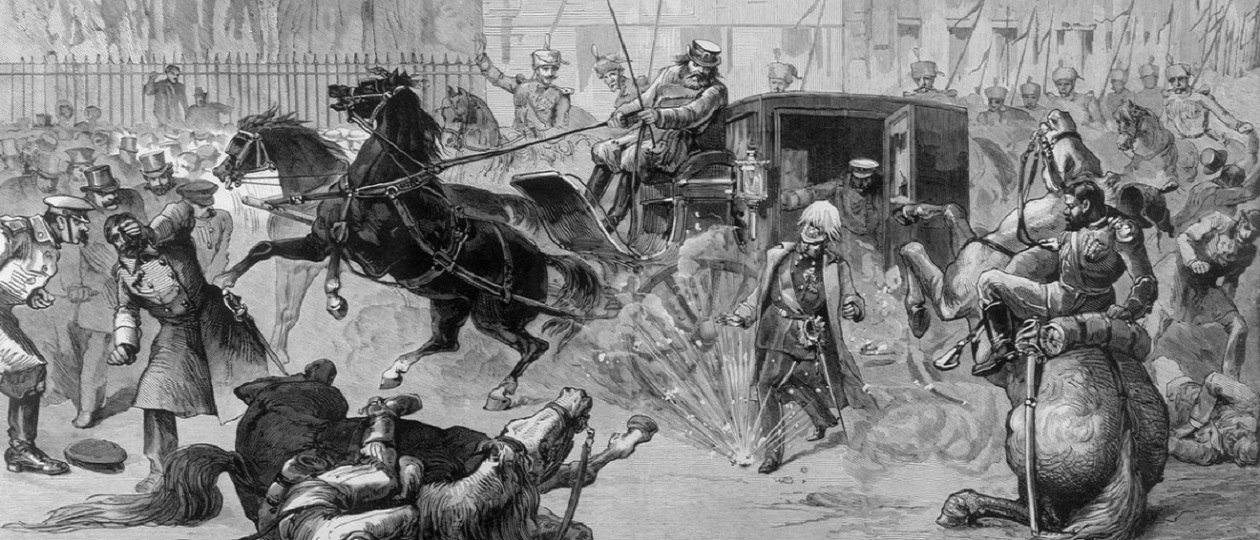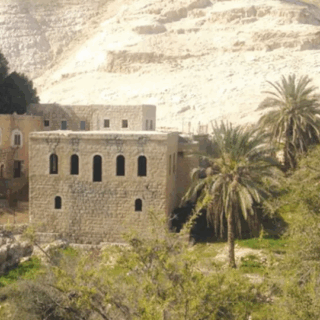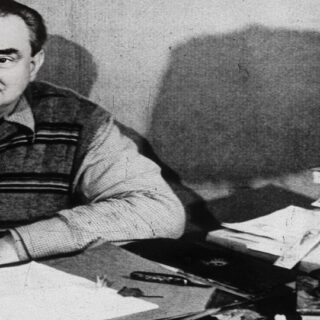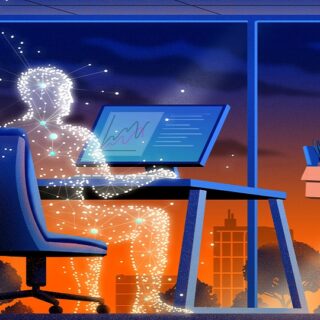
On March 1 (old style), 1881, in St. Petersburg, the seventh assassination attempt on Alexander II in almost 15 years was made, this time fatal for the Tsar-Liberator.
This happened before the eyes of my grandfather Ivan Petrovich Palladin, who had lived in the Russian capital since 1869.
The second son of a sexton who served in the Church of the Nativity of the Blessed Virgin Mary in the village of Dyutkovo near Moscow, he went to St. Petersburg to earn money at the age of 13. Here is how my father, Alexander Ivanovich Palladin, recounted his memories in his own memoirs:
“The house where I lived was on the street along which the Tsar took his Sunday walks and where the Church of the Savior on Spilled Blood was later built.” The route of the Tsar’s trips was known to everyone, and at a certain hour crowds of people would gather there. On March 1, 1881, as usual, I went out into the street early.
A carriage appeared. People crossed themselves and took off their hats. Suddenly, an explosion thundered.
People were confused. Like many others, I rushed to the place where the bomb had exploded. I noticed a disheveled man running in our direction. It was the one who had thrown the first bomb. “Stop him, stop him!” the policemen shouted.
A teenager of about fourteen was walking — a delivery boy. On his head he had a wooden tray — the kind that errand boys used to deliver orders to homes. The delivery boy, as if mechanically, threw the tray into the the bomb thrower’s legs. As he fell, he pulled the boy along with him. The dagger flashed, the blow hit the heart. The messenger remained motionless. Blood gushed like a stream, washing away the snow. The policemen fell upon the detainee… I looked back. The Tsar was not far away. Leaning against the crippled carriage, he was quietly saying something. I only heard his words: “Thank God…” And someone else’s, louder: “Is it still thank God?!.”Then the second assailant threw another bomb.
Someone poked me painfully in the back. I turned around – my flatmate. I met this gentleman with his ingratiating movements and unremarkable features every day, but I had never heard his voice. He always buttoned up his door, silently locked his room and silently hurried to the exit. And then I heard a quiet, creaking voice: “Get out of here right now! We’ll start grabbing people now…” “He’s from the secret police, no doubt,” I thought. Before following the advice of my mysterious neighbour, I glanced back at the scene of the explosion. The Tsar, his clothes in tatters, was writhing in the snow. Dead Cossacks from the convoy were lying around…
I didn’t see my quiet neighbor for several days, until one morning I met him as he was leaving his room and said goodbye: “They kicked me out, I’m going back to my parents.”





